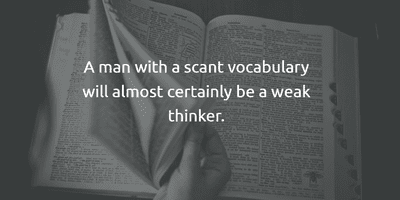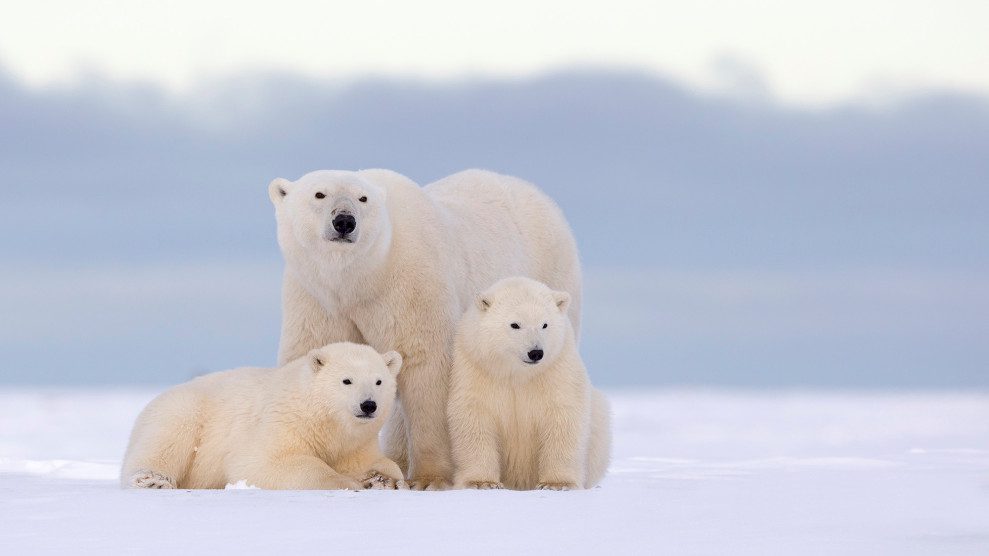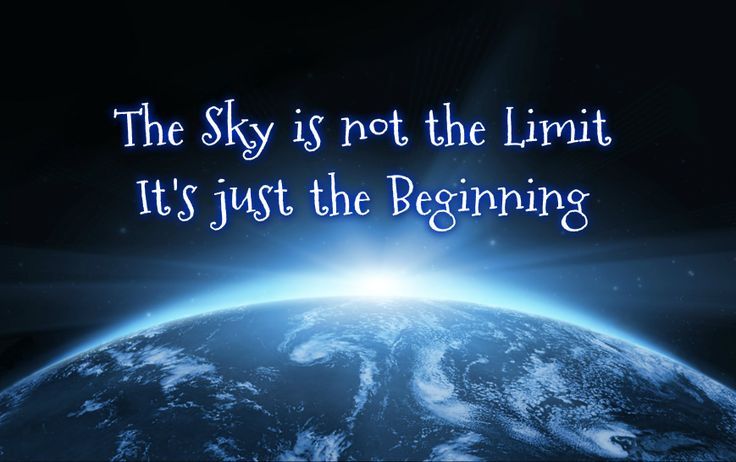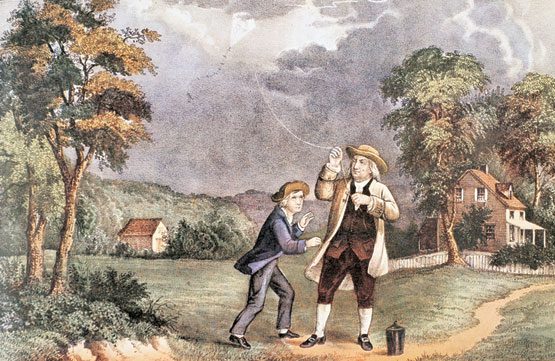Today’s (optional) prompt is to write a poem that, like “Dictionary Illustrations,” is inspired by a reference book. Locate a dictionary, thesaurus, or encyclopedia, open it at random, and consider the two pages in front of you to be...
The challenge today is to write a poem about an animal. I had written on Eagle, couple of months ago, for a similar prompt. You can read that here. This time I have written about an endangered species. The...
Today, I’d like to challenge you to write a poem that engages with another art form – it might be about a friend of yours who paints or sculpts, your high school struggles with learning to play the French...
Today, the challenge is to write a poem that, incorporates wild, surreal images. Try to play around with writing that doesn’t make formal sense, but which engages all the senses and involves dream-logic. I have tried to combine surrealism...
Today, the challenge is to write a poem that “talks.” What does that mean? Well, take a look at this poem by Diane Seuss. While it isn’t a monologue, it’s largely based in spoken language, interspersed with the speaker/narrator’s...
Today, the challenge is to write an abecedarian poem – a poem in which the word choice follows the words/order of the alphabet. You could write a very strict abecedarian poem, in which there are twenty-six words in alphabetical...
Today, the challenge is to write an elegy of your own, one in which the abstraction of sadness is communicated not through abstract words, but physical detail. This may not be a “fun” prompt, but loss is one of...
Today, the challenge is to write a poem that presents a scene from an unusual point of view. Perhaps you could write a poem that presents Sir Isaac Newton’s discovery from the perspective of the apple. Or the shootout...
Today, the challenge is to write a poem that uses the form of a list to defamiliarize the mundane. Poem: List of mundane, yet not so mundane The grocery list- never seems to be clear, there’s always one...
Our prompt for today (optional, as always), takes its inspiration from the idea of a poem as a sort of tiny play, which can be performed dramatically. In the 1800s, there was quite a fad for monologue-style poems that...










